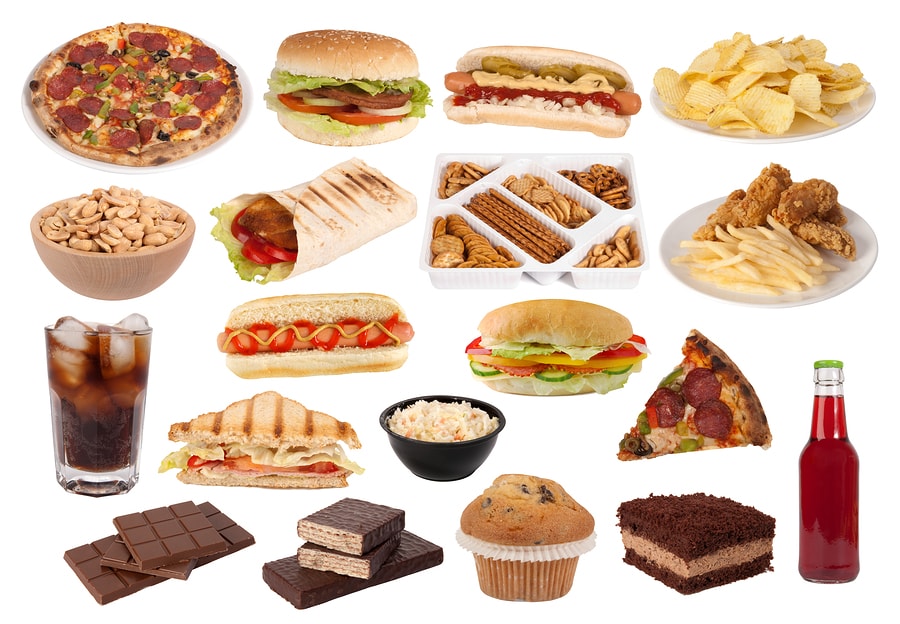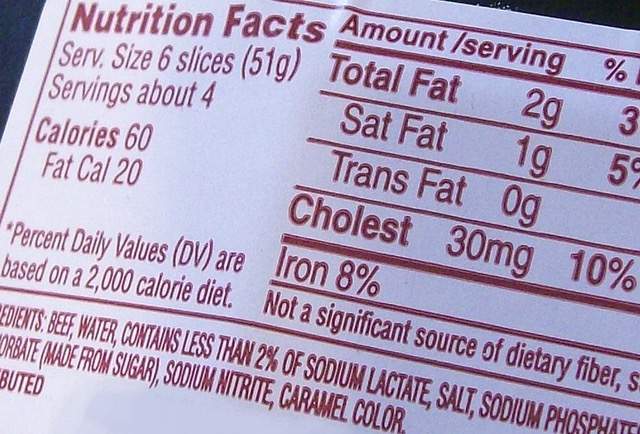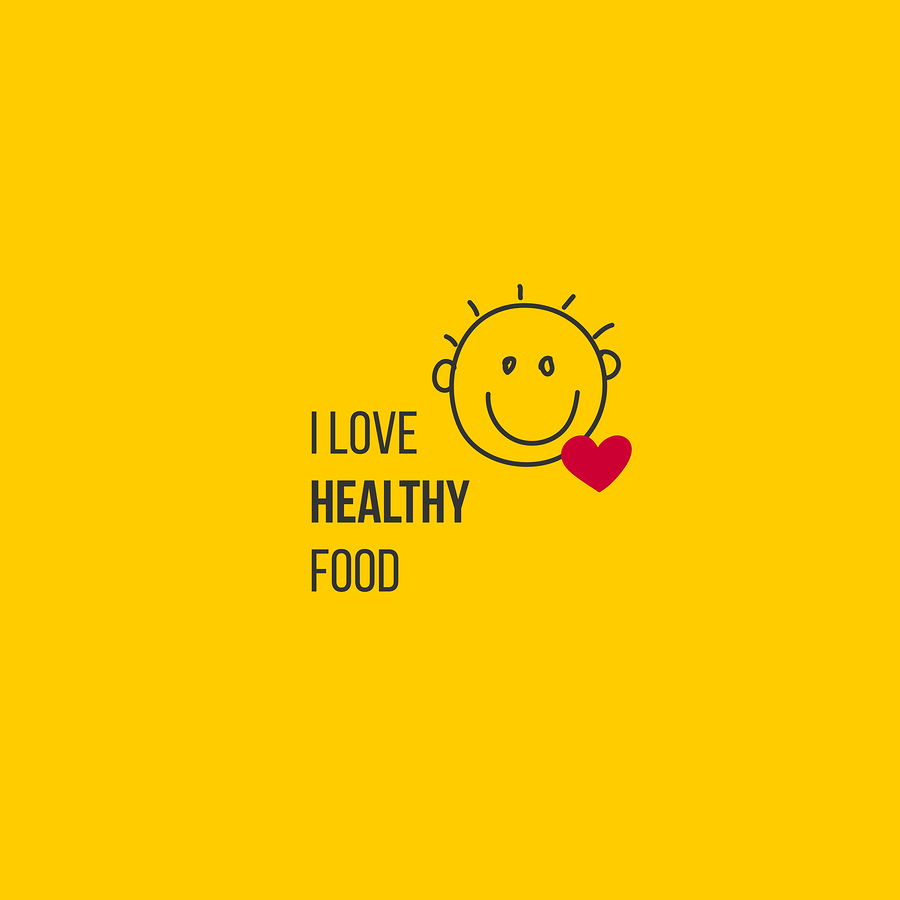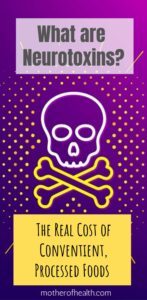What is the Meaning of the Term ‘Neurotoxins'?
A neurotoxin is a type of poisonous substance that attacks the nervous system. common examples of neurotoxins include pesticides, lead, mercury, and arsenic. Neurotoxins can cause a wide range of health problems, including headaches, seizures, and paralysis. In extreme cases, they can even be fatal.
Neurotoxins are destructive and interfere with the electrical makeup of your nerves. They either interrupt the communication process with your nerve cells or overstimulate them to the point of death.
Some neurotoxins are man-made, while others occur naturally in the environment.
Here's a quick 2 minute explaining what ‘neurotoxin' means.
The good news is, that you can remove these toxic ingredients from your diet.
Keep reading to learn more about what neurotoxins are, the symptoms of damage caused by neurotoxins, and 15 of the most common ones you should be on the lookout for.
What Are Neurotoxins?
Neurotoxins can attack both your peripheral and central nervous systems.
Your peripheral nervous system is located outside of your spinal cord and brain and is made up of all the nerves and axons that communicate with your cells.
Your central nervous system is the neurological network, which includes your brain and spinal cord.
Damages Caused by Neurotoxins
Because of the negative impact neurotoxins have on your nervous system, they can lead to the following health problems.
- Irritability, emotional instability
- Paralysis, motor function control issues
- Blindness and other vision problems
- Insanity, Parkinson's, and Alzheimer's diseases
- Loss of cognitive function and memory
- Altered views of reality
- Obsessive or compulsive behavior
- Uncontrollable depression and anxiety
- Loss of circulation throughout the body
- Flu-like symptoms
- Tingling and numbness in the limbs
- Birth defects
- Chromosome damage
- Skin problems and hair loss
- Headaches
- Chronic fatigue
- Behavioral issues
- Sexual dysfunction
Any physical or mental aspect of your body or mind that deals with your nervous system can be damaged significantly by neurotoxins.
Neurotoxins shorten the lifespan of your nerve cells. All the nerve cells in your body (your neurological network) help the interconnected systems that run your body “talk” to each other.
When cells are damaged or destroyed by neurotoxins, the internal systems which keep you alive are compromised. This could mean anything from merely getting a headache to developing a neuro-degenerative disease such as Alzheimer's.
Unfortunately, it's likely neurotoxins are in many of the foods you eat each day.
Neurotoxins in Everyday Life
![]()
I can assure you that your favorite fast or processed food treats include neurotoxins. The volume of neurotoxins found in fast food is extremely high. The same is true of any processed food.
When agriculture moved from family farms to corporate-controlled businesses, the quality of the food we eat began to decline.
If You Eat Processed Foods, You Are Eating Neurotoxins

This began in the 1960s and 1970s. Pesticides, steroids, and preservatives began accompanying unsustainable farming practices.
Neurotoxins were intentionally added to your food to make it addictive and impossible to resist. The practice continues today and is more widespread than ever. In fact, most of the processed foods you eat qualify as “food” at all.
Neurotoxins contain incredibly high amounts of neurotoxic additives. They were placed there intentionally, despite the known health dangers to you and your family, simply to keep manufacturing costs down and make you crave more and more of the food that is literally killing you.
Food Regulation
The Federal Department of Agriculture, FDA, in the United States is the approving body over what is allowed in processed foods.
Unfortunately, they are controlled by corporations with incredible political influence. These corporations do not care about the health of you and your family. They care about addicting you to the foods and beverages they make and don't care how they do this.
This means that the job of choosing what food is good for you is up to you.
The sad truth is that your government is not actually that concerned about your welfare.
Why would you give the job of keeping you and your family safe and healthy to someone that wants nothing more than to reach into your bank account and remove all your money, while addicting you to harmful chemicals that cause mental and physical health problems?
Take the health and wellness of the ones you love into your own hands. I urge you to start avoiding the following foods and neurotoxins that are keeping you from getting the most out of life.
(The FDA has given the blessing to more than 3,000 chemicals and food additives that affect the US food supply. This is the case, even though only a few of these substances have been tested for safety.)
Avoid These 15 Neurotoxins

Neurotoxins are in the food you eat, the air you breathe, the liquids you drink, and the clothes, furniture, and products you interact with.
Much of the time, their effect on you is minimal to nonexistent. The problem happens when neurotoxins are present at such high levels that even a slight exposure is damaging to your nervous system.
Some neurotoxins are so potent that they do significant damage, even in small amounts.
While hundreds of neurotoxins have been identified, the following 15 are some of the most prevalent in the foods you eat and the liquids you drink.
Listed below you will also find the foods associated with these poisonous and dangerous toxins, as well as the health problems overexposure leads to.
1. Monosodium glutamate (MSG)
2. Acrylamide
Do you drink coffee? A lot of people do, more than they should. You know that caffeine, one of the premier ingredients in coffee, is harmful when you get too much of it. Guess what else is in coffee? Acrylamide is present and is also found in starchy foods like french fries and potato chips, as well as cigarettes. This toxin instantly raises your risk of developing cancer and suffering from a number of other health issues.
3. Aspartame
4. Sucralose
The artificial sweetener sucralose, more commonly known as Splenda, is a neurotoxin that has been shown to have deleterious effects on the brain.
Although it is often promoted as a “safe” alternative to sugar, studies have shown that it can actually cause neurological damage. In particular, sucralose has been linked to an increased risk of Alzheimer's disease and other forms of dementia.
It has also been shown to impair learning and memory, and to disrupt the communication between nerve cells.
For these reasons, it is important to avoid consuming products that contain sucralose. Instead, opt for natural alternatives like honey or stevia. These Sweeteners will not only be safer for your health, but they will also taste better.
5. Hydrolyzed Vegetable Protein
If you eat junk food, you are wolfing down large quantities of hydrolyzed vegetable protein. The words vegetable and protein are used to make this chemical sound healthy. It is anything but. It contains high levels of glutamate and aspartate, which stimulates nerve cells to death.
Hydrolyzed vegetable protein is often used as a food additive because it is a cheap way to add flavor to processed foods. However, hydrolyzed vegetable protein contains high levels of MSG, which can have harmful effects on the brain.
In fact, MSG has been linked to headaches, dizziness, nausea, and other health problems. For these reasons, it is important to avoid foods that contain hydrolyzed vegetable protein.
Instead, choose foods that are made with natural ingredients and do not contain any added MSG. By making this simple change, you can help to protect your health and avoid potential health risks.
6. Sodium fluoride
Many people are not aware of the dangers of fluoride, which is why it is important to be informed about this neurotoxin.
Fluoride is commonly added to water supplies in order to prevent tooth decay, but it can have serious adverse effects on health.
Studies have shown that fluoride exposure can lead to cognitive decline, lowered IQ and increased risk of Alzheimer's disease.
It has also been linked to thyroid problems, bone cancer, and fertility issues. Given the potential risks, it is best to avoid fluoride whenever possible. This can be done by drinking filtered water or using a reverse osmosis filter for tap water.
You should also be cautious about using fluoride-containing toothpaste and mouthwashes. By taking these simple precautions, you can help protect yourself from the harmful effects of fluoride exposure.
This is a common element in drinking water. It is also found in many kinds of toothpaste. Before it was added to the foods and beverages you eat and drink, it was a preferred use for rodent extermination, because it was so good for killing animals.
If you see sodium fluoride or fluoride listed as an ingredient in a food you are planning to eat, understand that this is actually a mixture of several different hazardous chemicals.
7. Mercury
Found in drinking water and fish-based products, Mercury is one of the most toxic and dangerous of all neurotoxins. It is directly related to brain-based disorders, because it is so adept at destroying brain tissue.
Exposure to high levels of mercury can cause problems with memory, attention, language skills, and fine motor skills. Mercury exposure is also linked to an increased risk of developmental disabilities and Alzheimer’s disease.
8. Calcium caseinate
9. Sodium Caseinate
People consuming a diet high in dairy products or processed foods have a drastically higher rate of developing autism and gastrointestinal problems because of the presence of this toxin.
Sodium Caseinate is derived from milk and is high in protein and calcium. However, calcium caseinate has also been linked to a number of health concerns, including neurotoxicity.
Studies have shown that Calcium Caseinate can lead to the accumulation of lead in the brain, which can damage nerve cells and cause cognitive impairment.
In addition, Calcium caseinate has also been shown to interfere with the absorption of other nutrients, such as iron and zinc.
10. Yeast Extract
You will find yeast extract in a lot of processed foods, like many of the crippling and debilitating toxins on this list. It is often found in canned foods, processed meats, baked goods, sauces and dairy products and is especially toxic to your brain. It is replacing MSG in a lot of foods, as more and more people learn of the dangers of MSG. Yeast extract is preferred by food manufacturers because it sounds like a healthy product, but it is anything but.
11. Ethanol
Relatively low amounts of alcohol can be consumed and actually lend health benefits. Drinking 2 or 3 glasses of wine a week can have a positive effect on your cardiovascular system. Chronic alcohol (ethanol) consumption kills white matter in the brain and slowly breaks down your entire body.
12. Glucose/Fructose
Any food label which claims glucose, fructose, high fructose corn syrup or one of the more than 100 other names sugar is disguised as can lead to any number of health problems. Alzheimer's disease, cancer, diabetes, and other serious health issues are directly related to the consumption of the toxic substance we know better as refined sugar.
13. Domoic Acid
Shellfish contain this neurotoxin. It naturally damages the part of your brain associated with moods and emotions, and your ability to learn new things. Though it is almost universally unknown, this is one of the most potent and fast working of all neurotoxins. It can often irreversibly impair your working memory.
14. Soy
The average American gets as much as 10% of his or her total calories from soybean oil alone. Soy is often listed as soy protein isolate, soy flour, soy lecithin and soybean oil. This toxic substance limits the absorption of healthy minerals and vitamins, increases your requirement of vitamin D by up to 50%. Soy also, harms mental functioning and stimulates thyroid problems and cancer growth, especially in women
15. Diacetyl
This neurotoxin is actually found in microwave popcorn, chips and other snacks. Diacetyl is an additive actually in the butter flavoring and it's very addictive. This chemical causes a condition known as “microwave popcorn lung.”
Popcorn lung damages your lung's smallest airways and is also known as bronchiolitis obliterans. This condition makes you feel short of breath and cough.
Diacetyl has the ability to cross the blood brain barier and can cause beta-amyloid clumpting which is an indicator of Alzheimer's disease.
Conclusion

This rather sobering post can hopefully save your life. There is an old saying that “knowledge is power.” This is not entirely accurate. Knowledge is powerless without action. You now have knowledge of the powerfully damaging effect of neurotoxins, as well as the foods that contain them.
The next step is yours. It is time to take responsible action.
Begin protecting your children, your family and your loved ones by eating smart. Avoid the foods that contain neurotoxins and other poisonous chemicals and substances. This means drastically reducing or totally eliminating your exposure to processed foods.
When you begin eating more food as close to its natural state as possible, fresh and raw, organic fruits and vegetables, nuts and whole grains, you may find you never realized just how unhealthy you were, until you start feeling physically healthy and mentally sharper than you have ever been.



